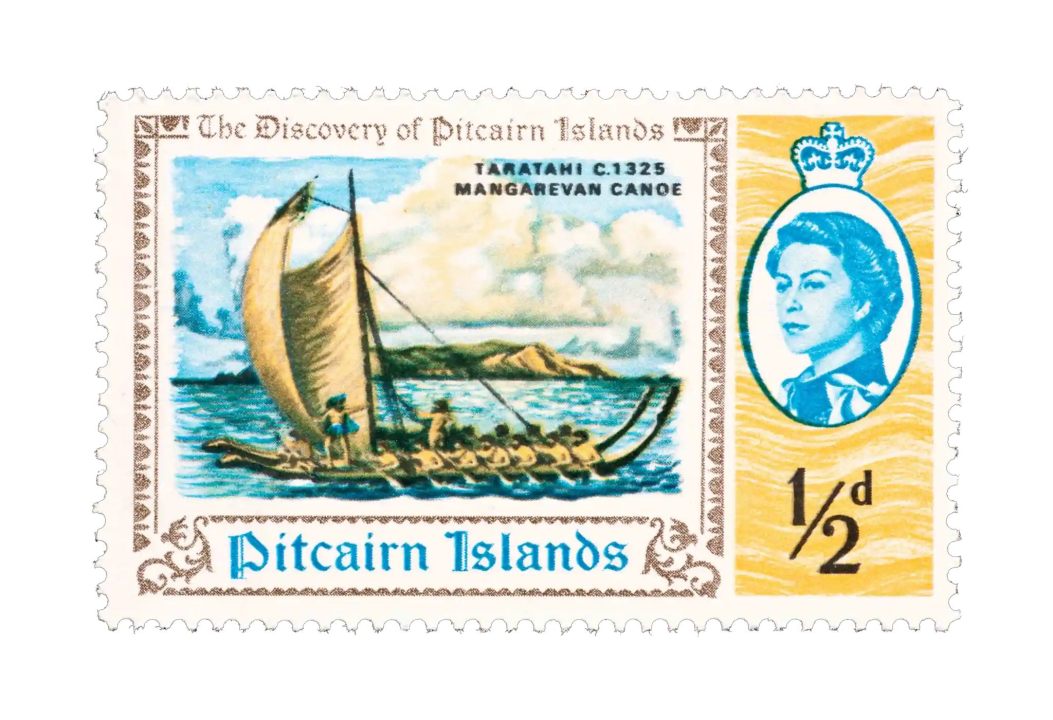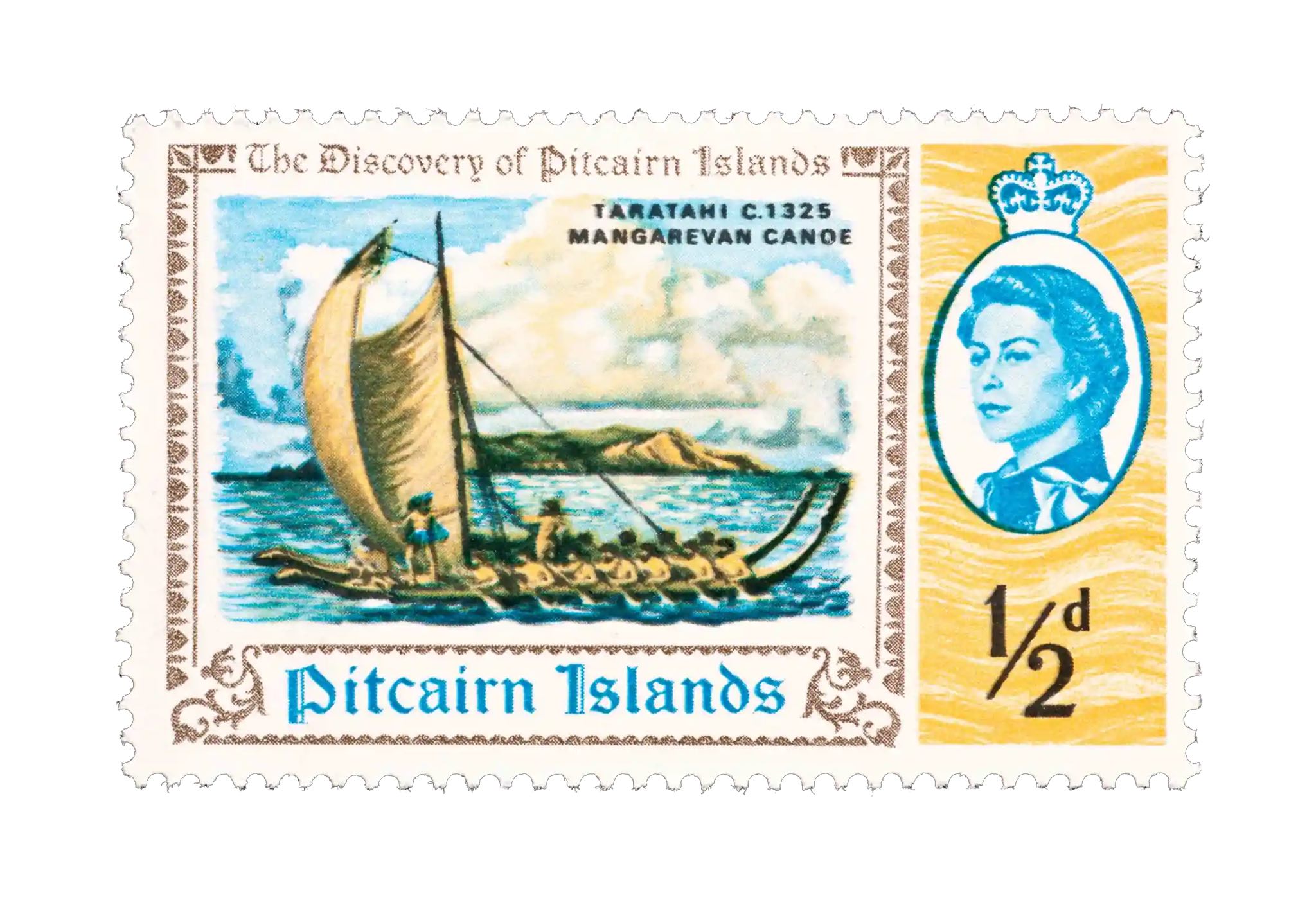What difference does the internet make? Critics blame it for a range of ills, from social collapse and child abuse to obesity. So shouldn’t we greet with some caution and even sadness the recent announcement that Elon Musk’s Starlink satellite broadband is to reach tiny Pitcairn Island in the Pacific Ocean, home to the handful of descendants from the 1789 mutiny on the Bounty? Will the advent of Zoom calls and the ability to stream The Crown turn this idyllic tribe into socially fractured, screen-obsessed time-wasters? Is high-speed connectivity the beginning of the end for this Pacific paradise?
I think not. Because this 38-strong community collapsed long before Musk was crowned the richest man in the world. It doesn’t take Starlink for paradise to turn sour.
Pitcairn is probably the most isolated inhabited place on our planet. Hover your finger above a map of the Pacific and somewhere in the middle of that vast blue blanket is a speck called Pitcairn – a mile-by-mile-and-a-half lump of volcanic rock more than 3,000 miles from the nearest landmass.

Britain’s best politics newsletters
You get two free articles each week when you sign up to The Spectator’s emails.
Already a subscriber? Log in







Comments
Join the debate for just £1 a month
Be part of the conversation with other Spectator readers by getting your first three months for £3.
UNLOCK ACCESS Just £1 a monthAlready a subscriber? Log in